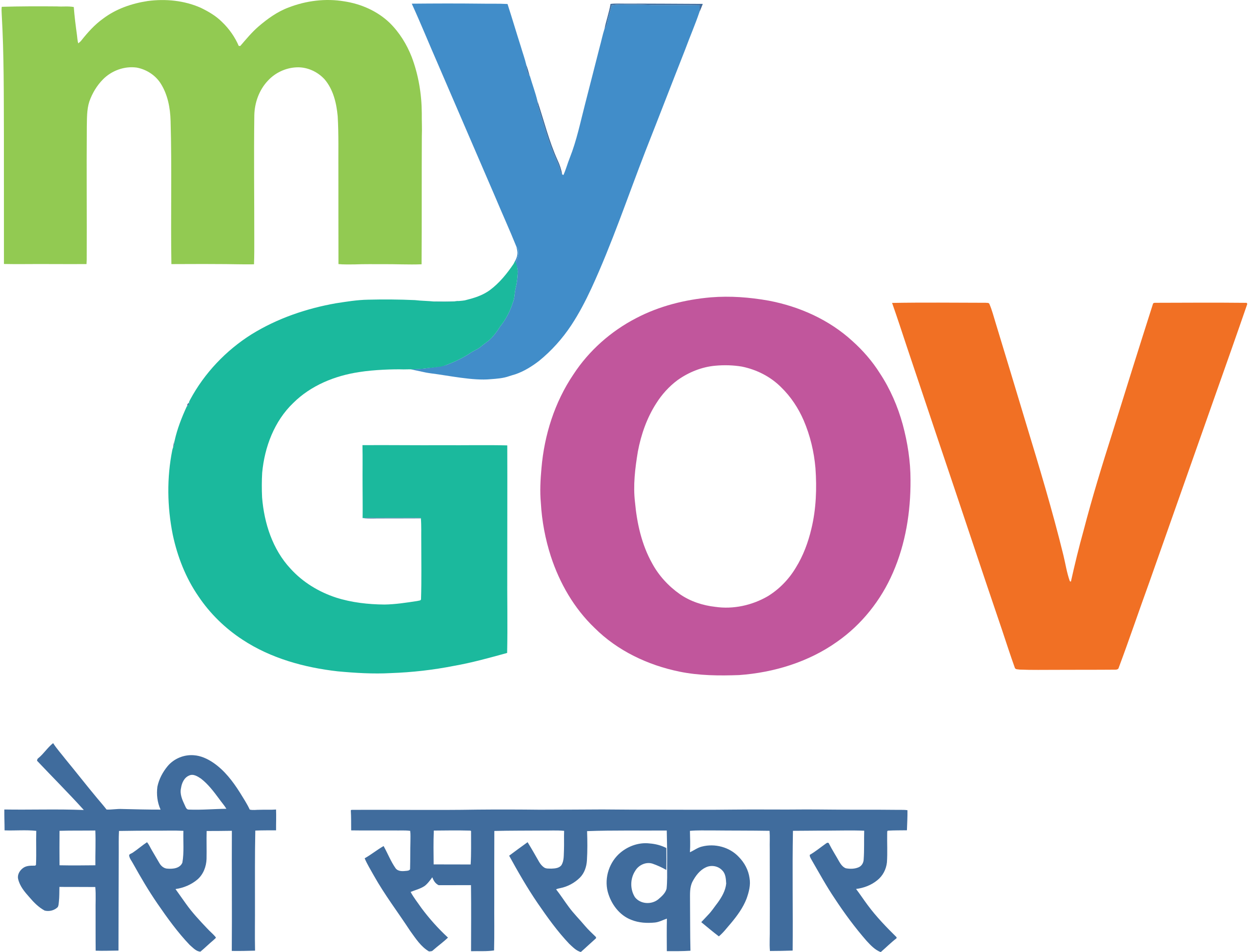
Published
Vacancy for the post of Member Technical Staff- E-V (Scientist ‘F’)
Applications are invited from the eligible candidates for filling up Director level Group ‘A’ post of Member Technical Staff- E-V (Scientist ‘F’) [Level 13A] on Absorption/ Direct Recruitment/ Deputation basis.
Click Here to upload NOC, only for the candidates working in Govt. Sector/ PSU/ Public Sector Banks etc.
Vacancy for the post of Member Technical Staff- E-IV (Scientist ‘E’)
Applications are invited from the eligible candidates for filling up Additional Director level Group ‘A’ post of Member Technical Staff- E-IV (Scientist ‘E’) [Level 13] on Absorption/ Direct Recruitment/ Deputation basis.
Click Here to upload NOC, only for the candidates working in Govt. Sector/ PSU/ Public Sector Banks etc.
Vacancy for the post of Member Technical Staff- E-II (Scientist ‘C’)
Applications are invited from the eligible candidates for filling up Dy. Director level Group ‘A’ post of Member Technical Staff- E-II (Scientist ‘C’) [Level 11] on Absorption/ Direct Recruitment/ Deputation basis.
Click Here to upload NOC, only for the candidates working in Govt. Sector/ PSU/ Public Sector Banks etc.
Vacancy for the post of Senior Administrative Officer (A-VII)
Applications are invited from the eligible candidates for filling up Group ‘A’ post of Senior Administrative Officer [Level 11] on Absorption/ Direct Recruitment/ Deputation basis.
Click Here to upload NOC, only for the candidates working in Govt. Sector/ PSU/ Public Sector Banks etc.
RFP for Selection of an Agency for conducting events and mentoring for startups across India
Online e-Tender at CPP Portal:
(https://eprocure.gov.in/eprocure/app)
Tender ID CPP Portal: 2024_DIT_833643_1
Vacancy for COO at Finglobe CoE, Gandhinagar
Employment Notice: 02/2024/STPINEXT/FinGlobe
Application is invited online from the eligible candidates for the position of Chief Operating Officer (COO) for FinGlobe, Centre of Entrepreneurship (CoE) at GIFT City, Gandhinagar which is a CoE for FinTech, TechFin, Banking, and allied domains.
Vigilance Awareness Week 2024
MESSAGE
We are happy to learn that this year Vigilance Awareness Week is being observed from 28th October - 3rd November '2024 on the theme "Culture of Integrity for Nation's Prosperity; सत्यनिष्ठा की संस्कृति से राष्ट्र की समृद्धि".
Integrity is the cornerstone of a nation's progress. A culture of integrity encompasses values such as honesty, transparency, accountability and ethical behavior which collectively contribute to nation prosperity.
Vacancy for various posts at EP-Bhubaneswar
Applications are invited from eligible candidates for filling up the following vacancies for Electropreneur Park (EP), Centre of Entrepreneurship (CoE) at Software Technology Parks of India (STPI), Bhubaneswar:
- Manager (Program) - 1 nos.
- Technical Officer - 1 nos.
The vacancies are proposed to be filled up purely on a contract basis for a period of two (02) years or co- terminus with CoE, whichever is earlier, which may be renewed based on subject to extension of project tenure.








